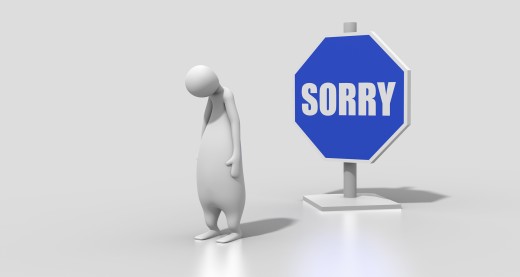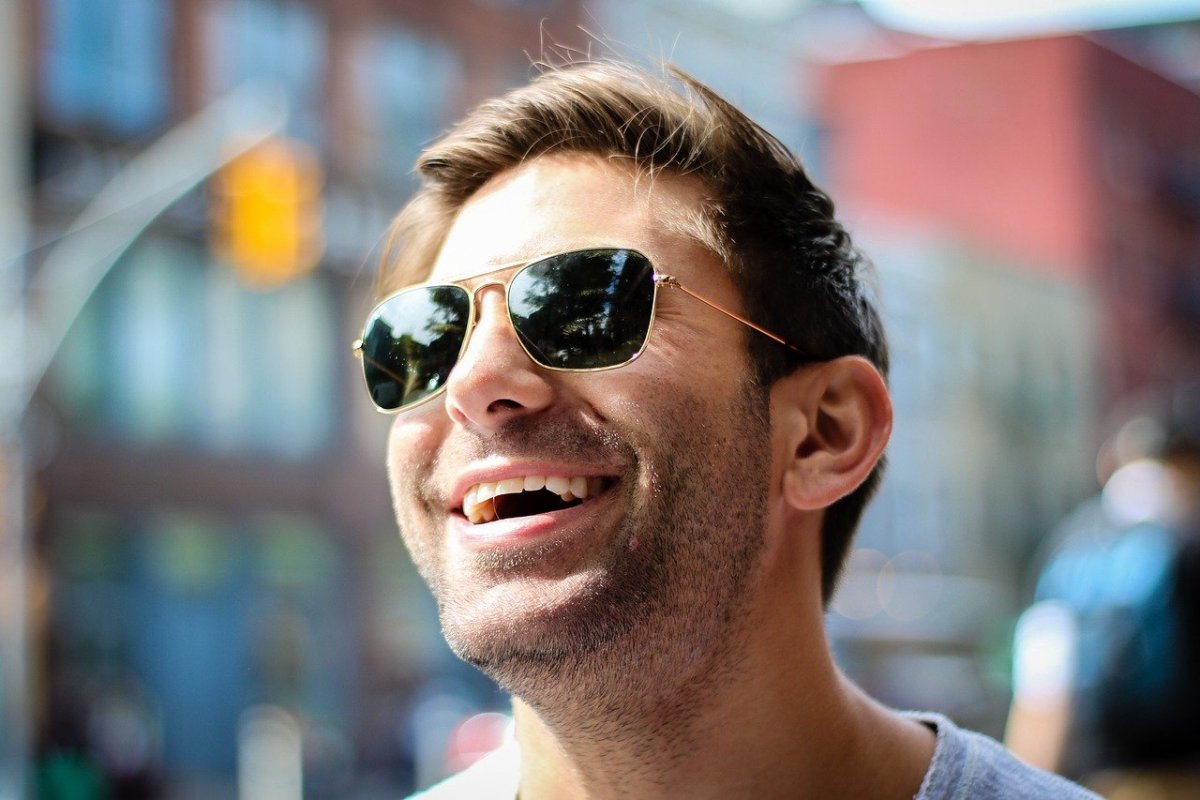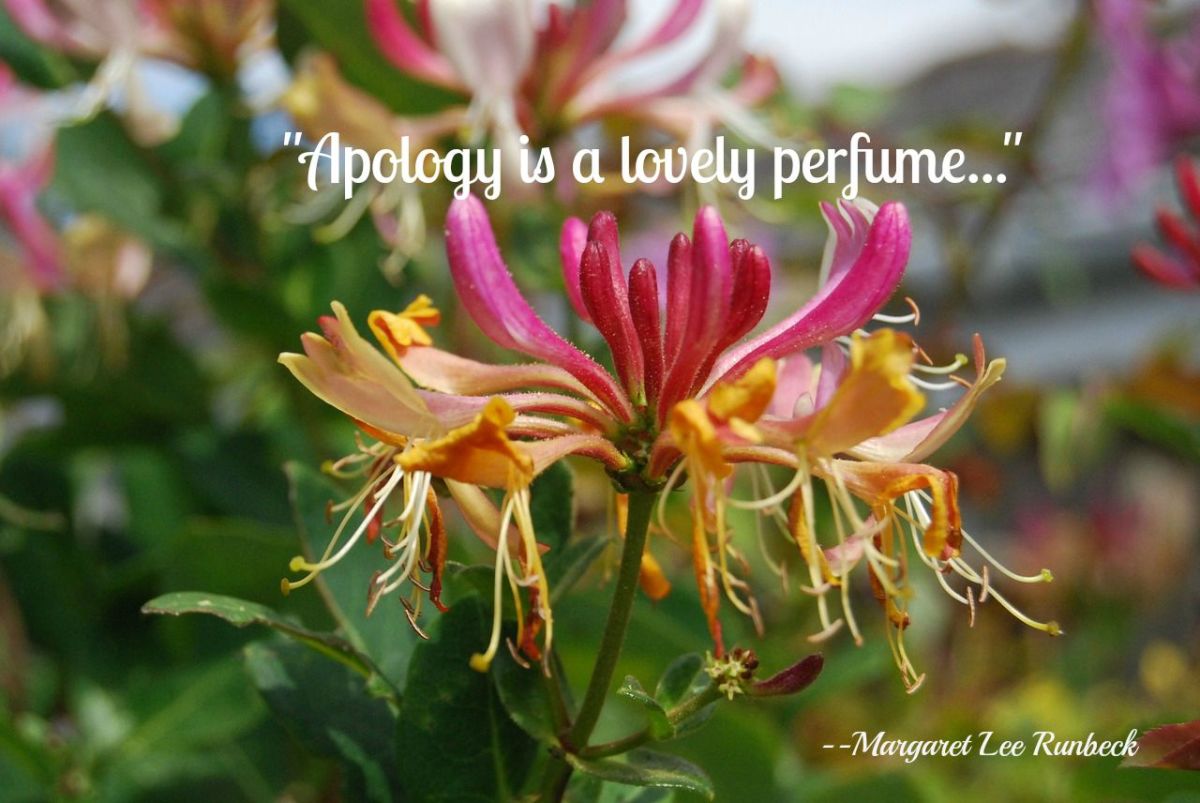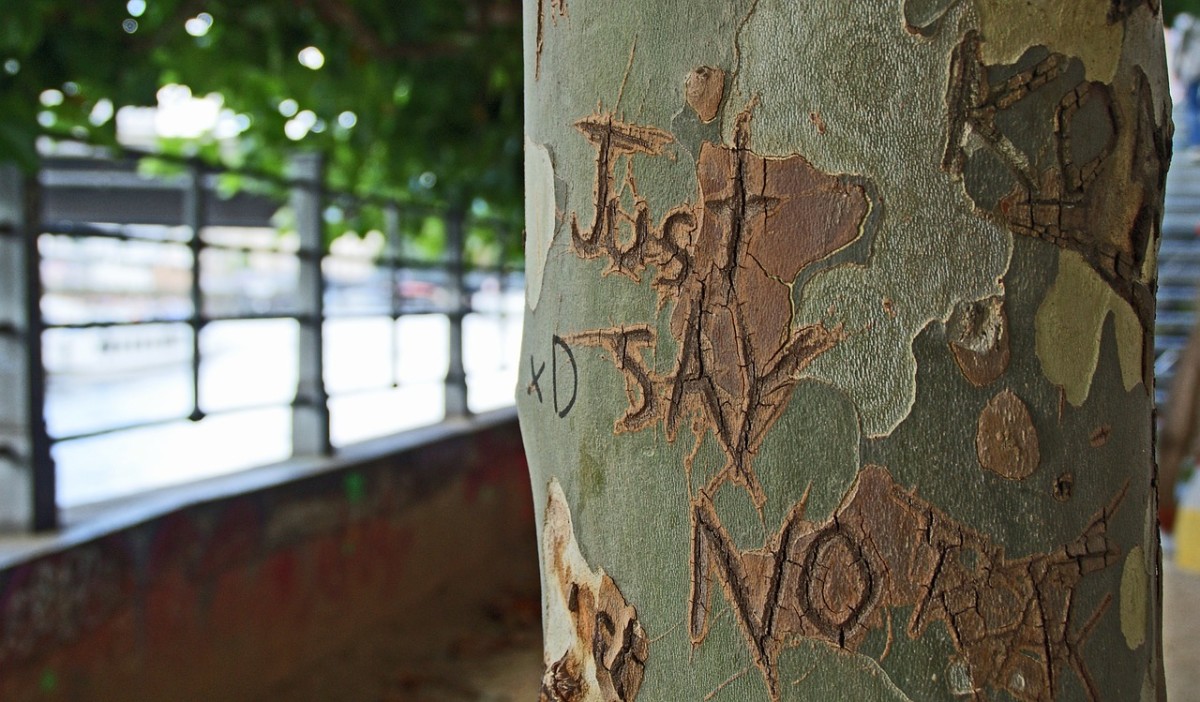The Authentic Apology

General Process
Let’s use an example, to illustrate the process. Person A – we will call this person “Avery,” commits a harmful act towards person B – who we will call “Billie.” Let’s say Avery lies to Billie about something important, causing Billie to lose a lot of money and/or reputation status (it could be anything, but that’s a common example). Billie is objectively harmed by this, more than merely feeling upset or insulted. Billie is now the victim or aggrieved party.
To start the apology process, Avery needs to feel genuine sorrow or guilt over the behavior, i.e., needs to feel some form of internal suffering. In a word, Avery must feel that the offending behavior was “wrong.” If Avery doesn’t care, or is merely going to apologize because of social convention, or because Avery was “caught” and the pressure is mounting, then it will never be a true apology.
If Avery is truly sorry, then the next step is to seek forgiveness from Billie, through an act of repentance. Avery should do this in a reasonable amount of time, and not let it go until other people are demanding action. Avery must also stop acting in the harmful way, now and forever. This is not just towards Billie, but towards others as well. In our example Avery lied to Billie, so Avery must stop lying altogether in order for the apology to be true.
Avery must confess the bad behavior directly to Billie, as well as others who may have been impacted. A general statement “at large” (e.g., press release) will not do. Most importantly, Avery must not rationalize or attempt to excuse the act. Then Avery needs to perform an act of contrition, or experience a penalty/negative consequence for the bad behavior. Finally, Avery needs to make restitution, restoring Billie to a state of wholeness (as close to the condition prior to the bad behavior as feasible).
It is also important for Avery to have a change in attitude. Avery needs to take corrective action, and turn away mentally and emotionally from the attitudes and behaviors which led to the harmful act in the first place. Also, Avery should promise not to repeat the offensive act towards Billie or others.
What Happens Next?
If all of these steps are followed, then Avery is absolved of sorrow and guilt, and eliminates any lingering internal suffering. In short, Avery is forgiven. Avery will also return to discipline and obedient behavior, i.e., be good from now on.
Of course, Billie is not obligated to accept the apology, but if all of the steps were taken as outlined above, then there is a pretty good chance that this will happen. Also, Billie can choose to show mercy, and wave any acts of contrition and restitution promised by Avery, but that’s not necessary either. After all of this, the basis of the relationship between Avery and Billie can be reestablished, and faith, trust, and confidence restored.
No Apology
If an apology is not given, or if it is performed improperly or insincerely by Avery, then forgiveness may not be given. The basis of the relationship between Avery and Billie, or between Avery and all others, will continue to be harmed or even eliminated. Avery should also expect retaliation and retribution for the harmful acts, not a “free pass” from Billie, or society at large.
Too many politicians and celebrities seem to feel that if they “attempt” an apology, or merely say the words, that life should go back to how it was before they acted badly. That, in my opinion, erodes the very fabric of society.
Real Examples
Joe Biden just finished his non-apology apology for “inappropriate touching.” Sure, he scored points for saying that he will change his future behavior, but he never admitted that he was wrong. In fact, he went so far as to suggest that HE was the victim – of changing times and social conventions. So close, but yet so far Joe. He claims that he did not “intend” to make people uncomfortable, so he is not a fault. So, if I did not “intend” to break your window, then I guess I’m not at fault. Geez.
Then there is the case of Elon Musk’s non-apology apology for calling cave rescuer Vernon Unsworth a “pedo guy.” Elon only “apologized” because of intense pressure from his followers and even investors. He did not convey remorse, nor did he seem sincere. I doubt that Elon truly thinks he did anything wrong. He just wanted the pressure to go away.
Let us also consider the case of a certain Congresswoman from Minnesota, who has been called out for her expression of anti-Semitic thoughts. Rep. Ilhan Omar accused Jewish people of economic manipulation, mind control, and dual loyalties. She has offered a halfhearted apology, and was given a free pass by Pelosi. It is doubtful if she will ever offer a genuine apology, since her anti-Semitic bias seems to be well entrenched.
Saving the best for last, Felicity Huffman has apologized for paying $15,000 to help her daughter get into colege. Relative to the others mentioned, it was a darn good apology. For one thing, she did not rationalize or excuse her behavior. She took responsibility, and expressed guilt and shame. She is prepared to accept the negative consequences of her actions. The only step missing is restitution, which may prove difficult considering all of the people impacted by her transgression. However, there is time still for her to make reparations, such as donations of time and money to help students who don’t have wealth and privilege. Also there is the issue of the apology taking place only because she was caught. All things considered, however, it is the best apology I’ve seen coming from a celebrity in a while.
What's My Point?
You may be thinking to yourself (if you are still reading this far), what’s the point? These famous people seem to be good at making inauthentic apologies, and just going on with life. My point is that we, the public, are letting them get away with it. Once we learn to recognize an authentic apology, we are less likely to let the fake ones pass. If we can all just look up from our phones long enough to do so.
How important is a good apology?
This content is accurate and true to the best of the author’s knowledge and is not meant to substitute for formal and individualized advice from a qualified professional.
© 2019 Carolyn Fields








